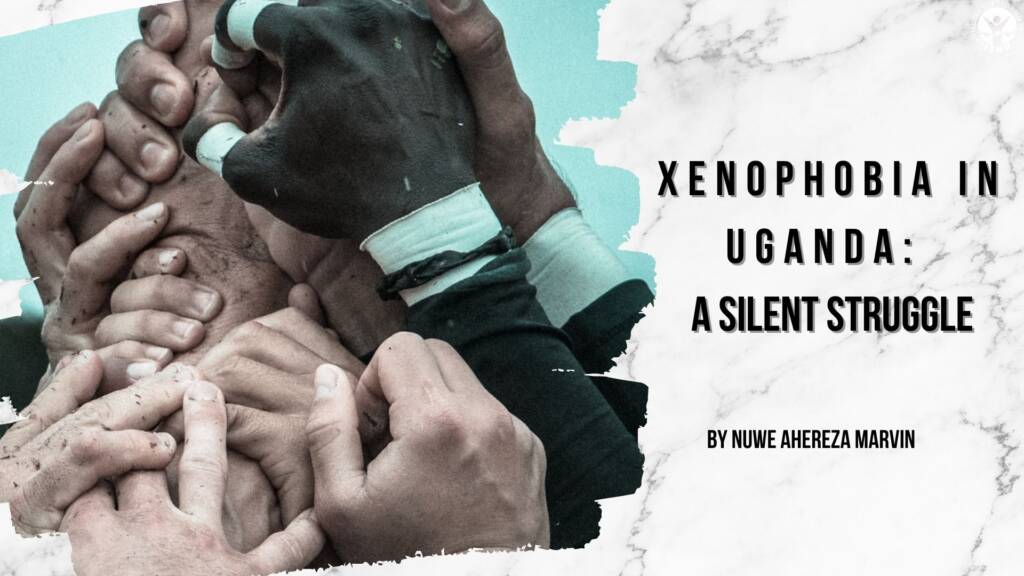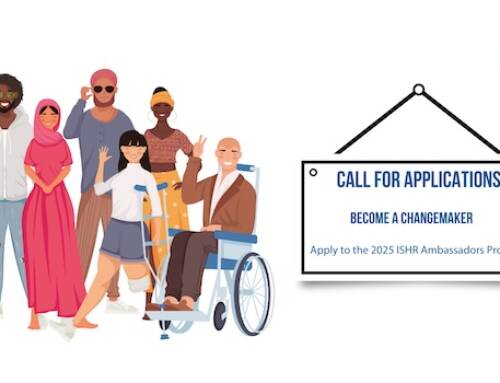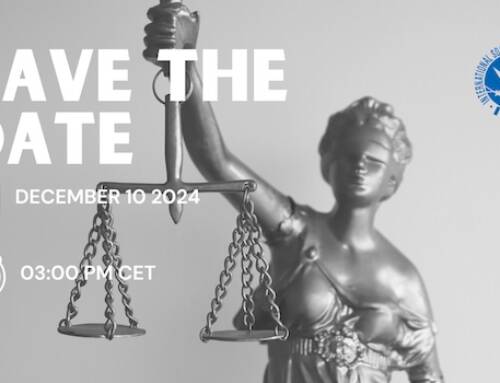Uganda


Xenophobia in Uganda: A silent struggle
Background
Recently, a local television station in Uganda aired a news bulletin highlighting how the refugee and immigrant community in a certain locality in Uganda has sparked dissatisfaction and negative sentiments from the locals who accused them of anti-social behaviour such as smoking and alleged that they don’t interact with the population. Additionally, they claimed that the newcomers have taken all the jobs, including small ones, and have caused an increase in rent prices for both business and residential properties. The local community also made an appeal to the government to “rescue” from this situation and regulate the activities of the migrant and refugee community. Ironically, this bulletin was aired on the same day the world celebrated the World Refugee Day. This bulletin sparked debates on Uganda’s silence on xenophobia, yet Uganda’s large population of refugees speaks volumes of its open and hospitable nature towards refugee, asylum seekers and migrants in general.
What is xenophobia?
Xenophobia can be defined across different dimensions and many different meanings can be attached to it. The concept ‘xenophobia’ is a multifaceted term. It originated from the Greek words ‘xenos’ (meaning: alien, stranger or foreigner) and ‘phobos’ (meaning: fear). Literally, xenophobia is the ‘fear of a foreigner’. The United Nations and its agencies define xenophobia as the perception that they are outsiders or foreigners to the community, society or national identity”. Simply put, Xenophobia, simply put, is the fear or hatred of foreigners or strangers; it is embodied in discriminatory attitudes and behaviour, and often culminates in violence, abuses of all types, and exhibitions of hatred.
What causes xenophobia?
Xenophobia can be attributed to several causes: the fear of loss of social status and identity; a threat, perceived or real, to citizens’ economic success; a way of reassuring the national self and its boundaries in times of national crisis; a feeling of superiority; and poor intercultural information. The lack of information about the people they hate and how to associate and deal with them also sparks xenophobic tendencies in people. Xenophobia is also closely connected with nationalism and individualistic identity and the idea that migrants and refugees by stretching government resources pose a threat to individuals’ rights protection by the state which is worse in situations of unemployment and poverty evident in most countries or communities that exhibit xenophobic tendencies.
What is the law on xenophobia relevant to Uganda?
The constitution of the republic of Uganda as the supreme law of the land sets down the rights of individuals in Uganda under chapter four of the constitution which states that fundamental rights of the individual are inherent and aren’t granted by the state. Chapter four provides for a plethora of rights including the above all, the right to equality and freedom from discrimination, as well as other rights such as the right to fair hearing, the right to education, the right to health, the right to practice religion, movement and association, right to family, the right to work, children’s rights among many others that are relevant for the protection of refugees.
These are better elaborated with qualifications under the Uganda refugee act of 2006 which highlights that a refugee shall also be entitled to rights provided for in the Geneva convention, the OAU convention and any other convention or instrument relating to the rights and obligations of refugees in Uganda to which Uganda is a party. The domestic framework makes no explicit mention of xenophobia, but it guarantees equality and freedom from discrimination for refugees as well as many other rights that they hold in Uganda which regardless of race, tribe and ethnicity must be protected.
The international legal framework provides for state parties to guarantee these rights without discrimination as to race, colour, sex, language, religion, political or other opinion, national or social origin, property, birth or other status as provided for the in the international covenant on civil and political rights, the international covenant on economic social and cultural rights and the African Charter on Human and People’s Rights. This is also buttressed in the international convention on the elimination of all forms of racial discrimination whose import is to probit racial discrimination which if read liberally and broadly includes xenophobic tendencies and xenophobic discrimination. The protection of the rights of refugees is also primarily provided for under the 1951 Refugee Geneva Convention.
International efforts against xenophobia have also led to the adoption of the Vienna Declaration and Programme of Action in 1993 urging states to eliminate all forms of racism, racial discrimination, xenophobia and related intolerance. A decade later in 2002, this was followed by the Durban Declaration and Programme of Action adopted at the world conference against racism, racial discrimination, xenophobia and related intolerance in furtherance of efforts started by the Vienna Declaration.
Conclusion
By and large, state commitments to eliminate xenophobia, racism and racial discrimination are in place and states must act on these commitments not with blanket policies but well guided and effective measures such as; political will to eliminate xenophobia, addressing attitudes and bias through media campaigns, emphasizing shared humanities and most importantly improving social service delivery and addressing economic inequalities in communities between the locals and the migrants and refugees.
Nuwe Ahereza Marvin





